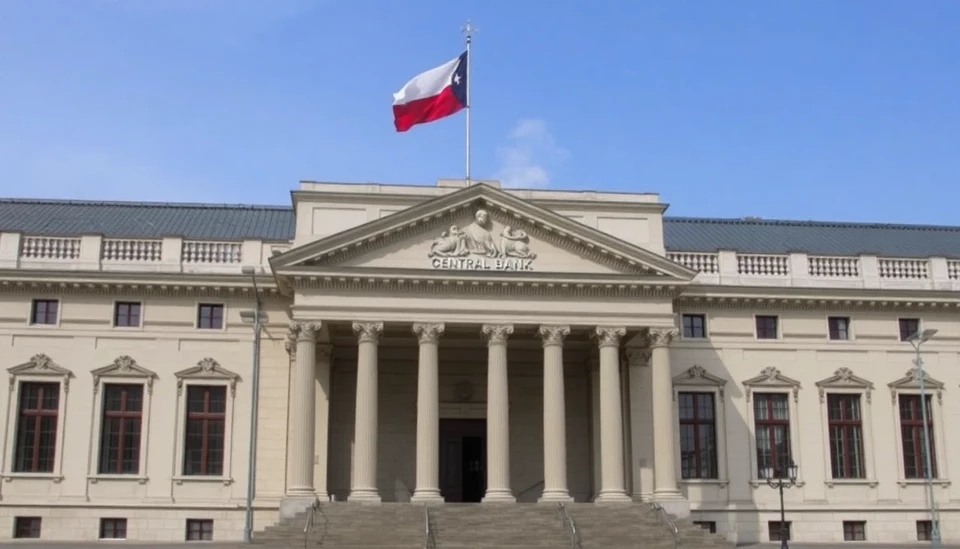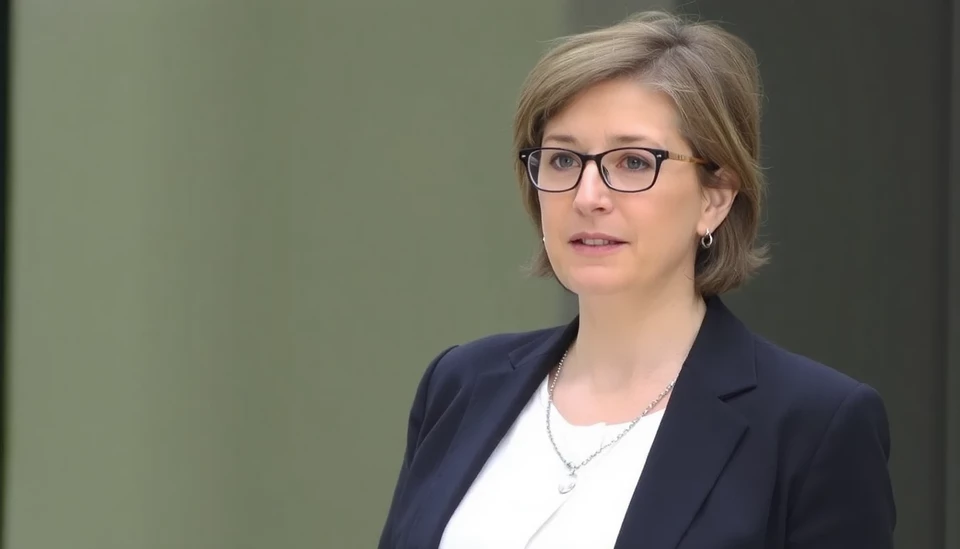
In a significant announcement, the head of the Czech National Bank (ČNB), Aleš Michl, has identified the country's budget deficit as a critical risk factor contributing to rising inflation rates. This declaration comes amid ongoing discussions regarding the noticeable impact of fiscal policy on economic stability within the Czech Republic.
Michl's comments were made during a recent press conference where he emphasized the importance of addressing the budget deficit, which he believes could exacerbate inflationary pressures if not managed prudently. He noted that while the central bank has made strides in combating inflation, an escalating deficit could hinder those efforts and lead to adverse economic conditions.
The Czech Republic has been experiencing fluctuating inflation rates, with recent figures indicating an upward trend that is concerning for both policymakers and citizens alike. Michl pointed out that excessive government spending, especially in the context of increasing global prices, could place further strain on already vulnerable financial conditions.
With many economists observing the relationship between fiscal deficits and inflation, Michl's remarks bring renewed attention to the Czech government's financial strategies. He urged policymakers to adopt a more disciplined budgetary approach to mitigate risks, potentially recommending cuts in public spending or seeking ways to enhance revenue.
Additionally, Michl warned against the dangers of prioritizing short-term fiscal relief over long-term economic health. He suggested that sustainable financial practices are vital for maintaining the strength of the koruna and ensuring that inflation remains manageable in the coming years.
This is particularly relevant as the European Central Bank (ECB) continues to navigate its monetary policy in the face of similar inflationary challenges. The interplay between monetary and fiscal measures will be crucial in retaining economic equilibrium not only in the Czech Republic but across the Eurozone.
As the government prepares for upcoming budget discussions, Michl’s insights are likely to shape debates around fiscal responsibility and inflation control. Stakeholders across various sectors are now closely monitoring the ČNB's guidance, showcasing an urgent call for cohesive economic strategies focused on stabilizing both prices and public finances.
Economists and financial analysts are now weighing in on Michl's perspective, discussing how national fiscal policies must align with broader economic trends to avert potential pitfalls ahead. The implications of the budget deficit on inflation will be a key topic as both local and international markets react to the evolving situation.
In conclusion, Michl's identification of the budget deficit as a top inflation risk emphasizes the delicate balance required between government spending and economic stability. It's a critical conversation that could dictate the Czech Republic's fiscal and monetary policies in the future.
As debates unfold and strategies are formulated, the economic landscape will need careful navigation to ensure resilience against the forces of inflation. Observers will be keen on how the government responds to these challenges in the months to come.
#CzechRepublic #Inflation #CentralBank #FiscalPolicy #BudgetDeficit #AlešMichl #EconomicStability #CzechNationalBank
Author: Daniel Foster




